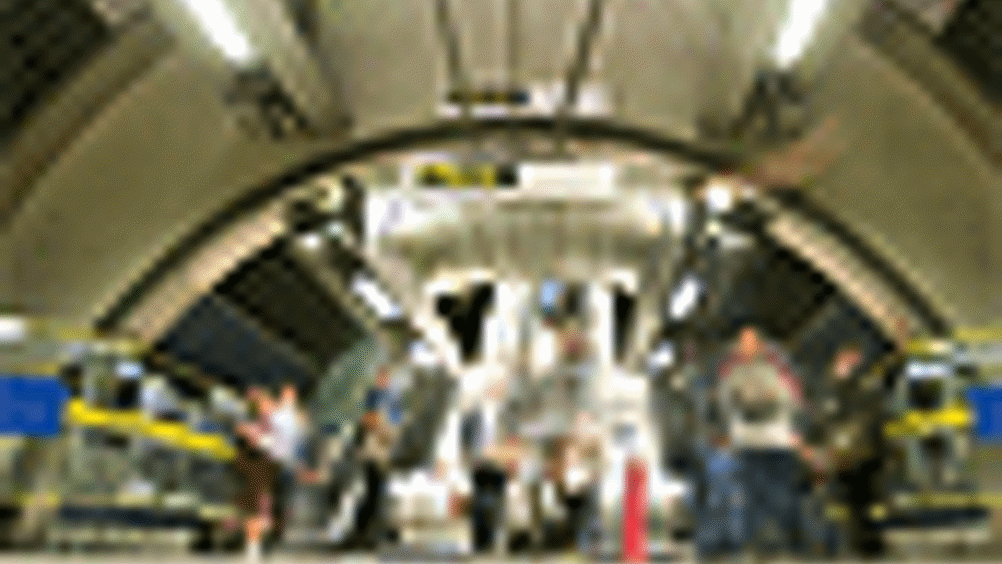Access all areas
The London Olympics offers a great opportunity to improve accessibility technology for disabled and elderly people and provide a lasting legacy for everyone, says John Gill

When the UK hosts the Olympics in 2012, the capital will attract thousands of visitors and tourists attending a variety of stadiums and venues and using public transport, airports, hotels and theatres. they will need access to information and use ticket machines, maps, turnstiles, elevators, bus stops, automatic doors, trains, taxis and public telephones.
A significant percentage will be elderly or will have a disability, and there is an increasing need to make appropriate special provision for them. To date, most of this relates to providing access for wheelchairs or the installation of hearing aid loops.
However, the advent of a range of new mainstream technologies offers exciting possibilities for providing new services which can greatly help blind and partially sighted visitors, those with other disabilities, or those who need assistance in other ways. It is important to remember that in most cases improving these services will also be of benefit to non-disabled visitors.
Register now to continue reading
Thanks for visiting The Engineer. You’ve now reached your monthly limit of premium content. Register for free to unlock unlimited access to all of our premium content, as well as the latest technology news, industry opinion and special reports.
Benefits of registering
-
In-depth insights and coverage of key emerging trends
-
Unrestricted access to special reports throughout the year
-
Daily technology news delivered straight to your inbox










UK Enters ‘Golden Age of Nuclear’
The delay (nearly 8 years) in getting approval for the Rolls-Royce SMR is most worrying. Signifies a torpid and expensive system that is quite onerous...